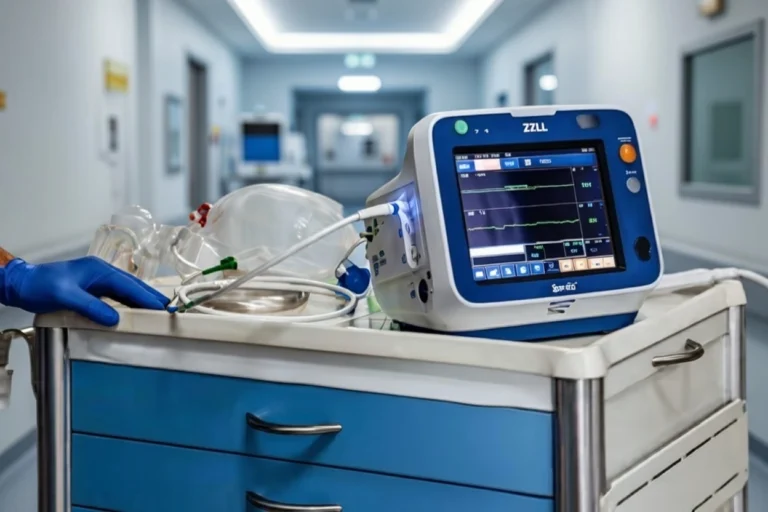
Eli Lilly’s Mirikizumab Shows Promise in Phase 3 Study for Crohn’s Disease
In Eli Lilly and Company’s pivotal Phase 3 VIVID-1 study, patients with moderately to severely active Crohn’s disease, regardless of previous biologic failure, showed significant and meaningful improvements with mirikizumab over placebo. These results, including combined clinical and endoscopic responses at one year, will be presented at Digestive Disease Week® (DDW) in Washington, D.C., from May 18-21.
Dr. Bruce Sands from Icahn School of Medicine at Mount Sinai highlighted the study’s impressive outcomes, particularly for patients with previous biologic failure, underscoring mirikizumab’s potential impact.
Crohn’s disease, a chronic inflammatory bowel disease, often leads to progressive bowel damage and decreased quality of life. Many patients struggle with inadequate treatment outcomes or loss of response to existing therapies. Mirikizumab met both primary and all major secondary endpoints at Week 52, demonstrating:
- Clinical response by patient-reported outcomes (PRO) at Week 12 and clinical remission at Week 52.
- Endoscopic response (≥50% reduction in Simple Endoscopic Score for Crohn’s Disease [SES-CD]) at Week 52.
Mirikizumab achieved consistent results across both bio-naïve and bio-failed patient groups, with:
- 39.3% of bio-naïve and 36.7% of bio-failed patients achieving Week 12 PRO response and Week 52 endoscopic response, compared to 11.8% and 6.2% for placebo.
- 47.3% of bio-naïve and 43.4% of bio-failed patients achieving Week 12 PRO response and Week 52 clinical remission, compared to 26.5% and 12.4% for placebo.
At one year, 54.1% of patients on mirikizumab achieved clinical remission, and 48.4% achieved endoscopic response. Notably, 56.7% of bio-naïve and 51.2% of bio-failed patients reached clinical remission at Week 52.
Comparing mirikizumab to ustekinumab, patients on mirikizumab had higher combined rates of Week 52 clinical remission and endoscopic response, particularly among those with previous biologic failure. Mirikizumab also showed significant reductions in inflammatory biomarkers (fecal calprotectin and C-reactive protein) compared to ustekinumab, although superiority in endoscopic response was not achieved.
The safety profile of mirikizumab was consistent with its known profile in ulcerative colitis, with a lower frequency of serious adverse events compared to placebo. Common adverse events included COVID-19, anemia, arthralgia, headache, upper respiratory infections, nasopharyngitis, and injection site reactions.
Lilly has submitted a supplemental Biologics License Application for mirikizumab in Crohn’s disease to the U.S. FDA and European Medicines Agency, with additional global submissions planned. Ongoing studies are evaluating mirikizumab in pediatric Crohn’s disease and long-term efficacy in adults.
Lilly’s commitment to improving treatments for inflammatory bowel diseases is evident through its extensive research and development efforts for mirikizumab and other innovative therapies.





